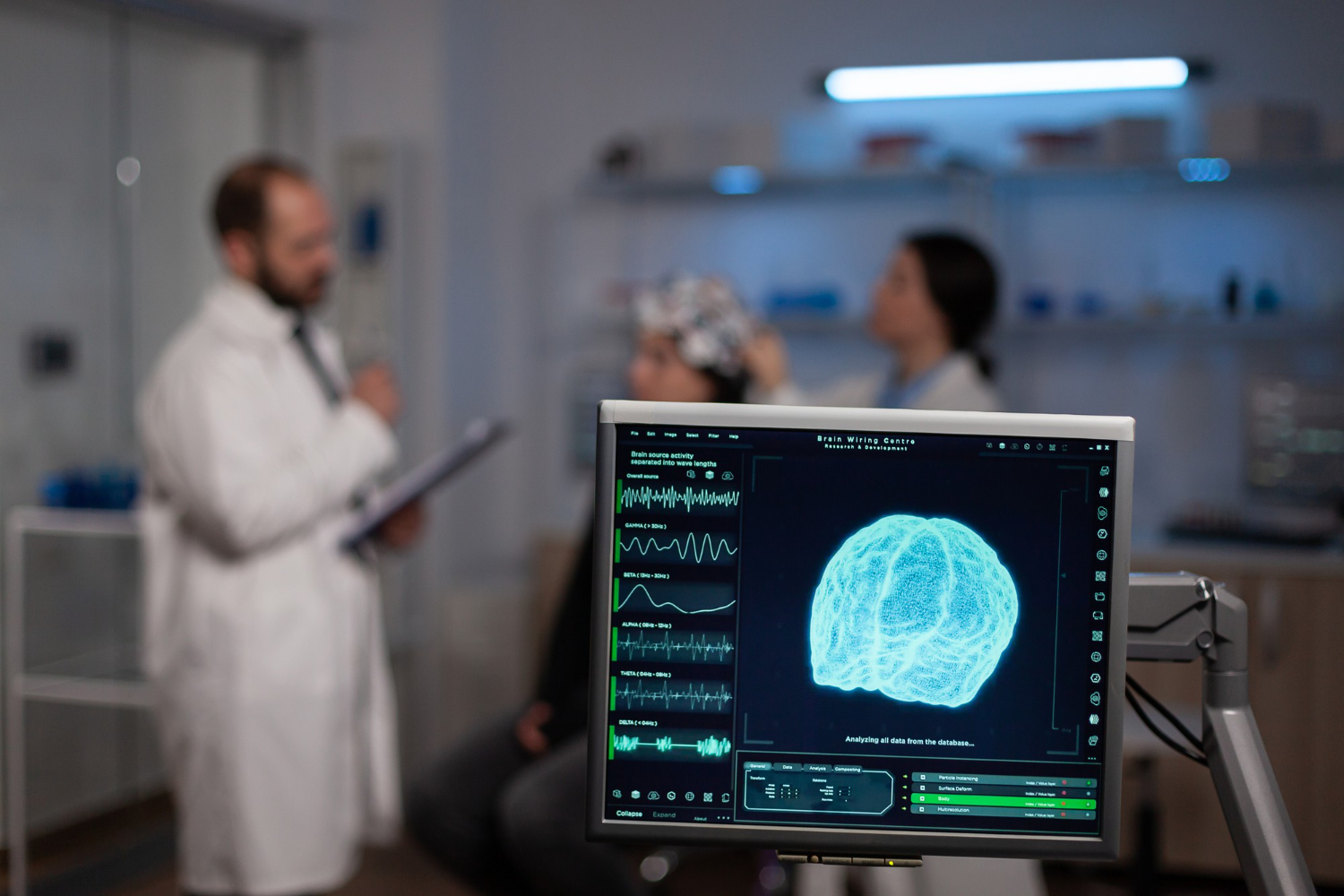Chinese scientists have created a method that improves interaction between miniature brains grown in the lab and the chips used by robots and computers to perform their tasks
Chinese scientists have developed a robot with an artificial brain created in the lab that, combined with artificial intelligence, can learn to perform various tasks. The researchers have integrated living brain cells into a chip using an open-source system called MetaBOC, which they claim could lead to the development of a new form of brain-like computing that is more energy-efficient than current computers. The ultimate goal of the project, they say, is to rehouse human brain cells in artificial bodies.
Bioinformatics is one of the most unsettling branches of computing technologies. What makes it possible is that, just like computers, our neurons perceive the world and act upon it using the same language: electrical signals. Brain-on-a-chip technologies cultivate large quantities of human brain cells on silicon chips so they can receive electrical signals from a computer, understand their meaning, and respond accordingly.
The brain-on-chip developed by researchers from Tianjin University and the Southern University of Science and Technology in China combines a miniaturized and simplified version of an organ (organoid) created with human stem cells with a neural interface chip to power the robot and teach it to avoid obstacles and grasp objects.
“This is a technology that uses an ‘in vitro cultivated brain’—such as brain organoids—connected to an electrode chip to form a brain-on-chip, which encodes and decodes feedback from stimulation,” explained Ming Dong, vice president of Tianjin University, on Tuesday, in statements to the state-run Science and Technology Daily, as reported by the South China Morning Post (SCMP).
A Human-Robot Intelligence
The new technology offers a different approach from what Elon Musk is pursuing with Neuralink, a brain-machine interface that aims to combine the brain’s electrical signals with the computing power of a computer. This cutting-edge form of computing raises many ethical concerns and, according to SCMP, is currently a priority for Beijing.
The Chinese researchers claim that their study, published in Brain, a journal by Oxford University Press, and peer-reviewed, could lead to the development of a hybrid human-robot intelligence. To build it, they used brain organoids made from human pluripotent stem cells, which are found in the early stages of embryos and can develop into different types of tissues. When these cells are grafted into the brain, they can form functional connections with the host brain, the researchers say.
The team claims to have developed a technique that uses low-intensity ultrasound, which helps organoids integrate and grow better inside the brain. Tests conducted on mice revealed that when grafts are treated with low-intensity ultrasound, the differentiation of organoid cells into neurons improves, and the networks they form with the host brain are enhanced.
“The transplantation of human brain organoids into living brains is a novel method to advance organoid development and function. The organoid grafts have a functional vascular system derived from the host and show advanced maturation,” the team wrote. “Brain organoid transplants are considered a promising strategy for restoring brain function by replacing lost neurons and reconstructing neural circuits.”






0 Comments